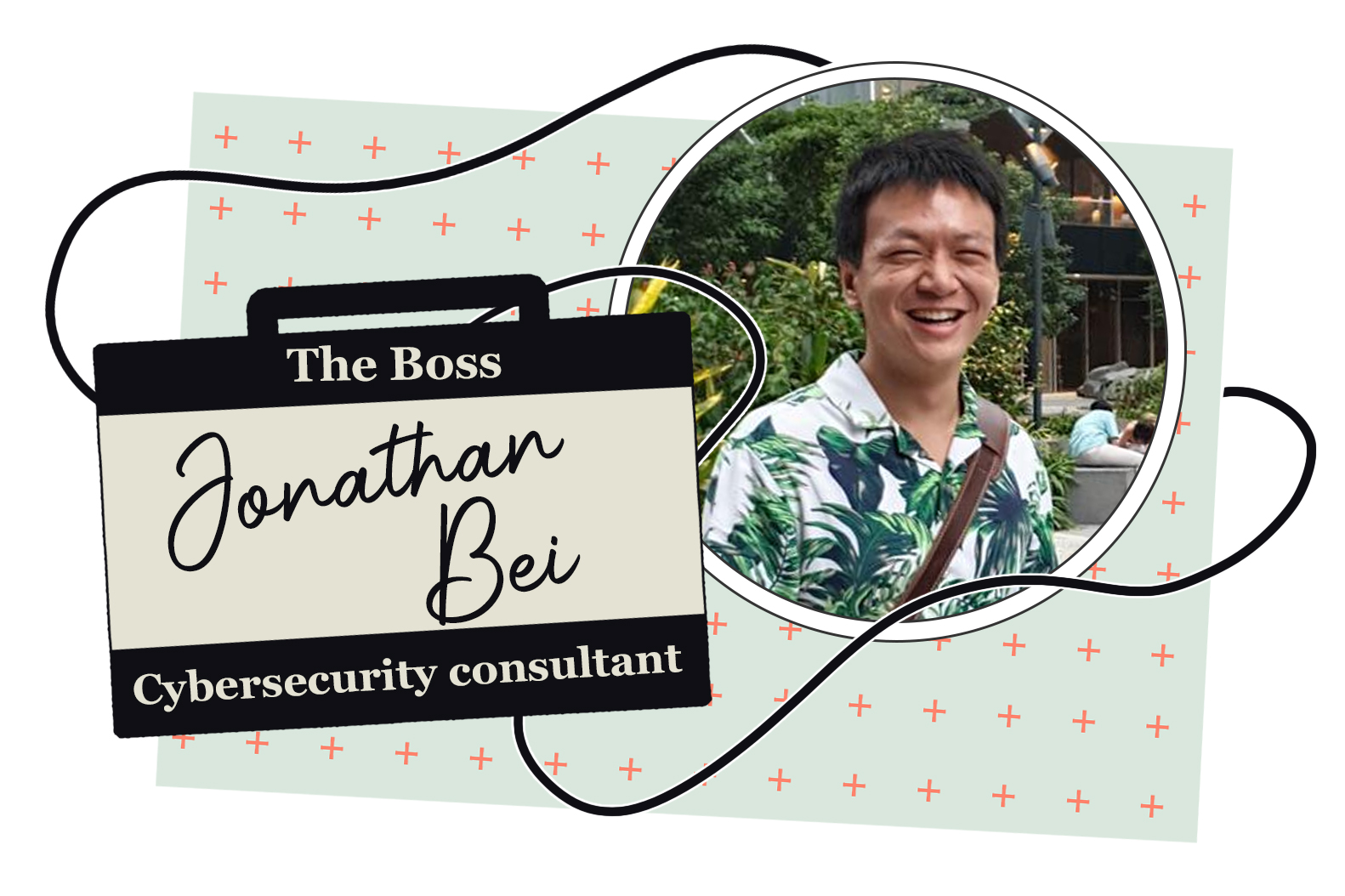For many young adults, internships provide a first taste of the working world. But this uncharted territory can also be difficult to navigate because it doesn’t come with a manual!
Whether it’s confusion over your job scope or what you’re supposed to achieve at the end of your stint, the lack of clarity can be puzzling.
Is an internship all about learning, or is it about being a “sai kang” warrior who does menial tasks?
In this second instalment of Interns Ask Bosses, Deniece Toh, 23, an undergraduate who majors in psychology, wonders what exactly does it mean to be an intern?

I have interned at several companies, and one struggle I faced is the lack of structure in terms of being given clear tasks and goals.
There were times when I was just waiting around for work to be assigned; it felt as if my main role was to assist others as and when they needed it. Additionally, the help they often require is with menial tasks.
While I understand that I am responsible for reflecting on what I can learn from this experience, it’s definitely easier when there’s more guidance and mentorship.
How would you advise someone who wants to make the best of their internships especially when there are no defined learning outcomes created by the company?

We spoke to Jonathan Bei, a consultant who has supervised interns over the last three years. Currently working in the field of cybersecurity, he also has experience in software sales and technical sales at startups.
DO YOUR HOMEWORK
Hi Deniece,
I can certainly relate to the worry of bad internship experiences, especially since I myself had one in the past that left me feeling jaded.
From my experience, companies generally do try to use internships as a way to groom and develop talent for future employment. However, it is also wise to do your research about the company, and ask peers or seniors who have worked there about their experiences.
There could be companies that act in bad faith, so we should exercise discernment when going for interviews.
Pray to God for wisdom to ask the right questions, which will help you better evaluate the company you’ll be working for and, more importantly, the hearts of the bosses you’ll be working under.
Some possible questions include:
- “What do you think new employees are least prepared for when starting out in this company?” (This helps you to know early on what to prepare for if you do get the job.)
- “What do you love most about their job and are there any projects that were memorable to you?” (This helps you to know your interviewers better and the nature of the work.)
- “What is the office culture like?” (This helps you to know what your future work environment feels like.)
SET YOUR OWN GOALS
It’s important to set your own goals, regardless of whether the company has a clear structure or programme.
In my experience, most full-time staff in the office don’t really have the luxury of time. But if you come to them with goals that you want to achieve, they’re most certainly able to guide you towards it.
This shows that you’re taking ownership of your own learning and career growth. Some things you can consider include:
- Identifying or discovering a skill you would like to work on.
- Finding a mentor you can learn from (and hopefully enjoy being around!)
- Asking your supervisor or colleagues how you can improve.
SEEK OUT MENTORS
In my company, we run a very flexible and unstructured internship programme.
Interns are given about a week of initial onboarding courses. After that we allow them to work at their own pace as tasks are assigned. They work from home, and we don’t constantly check on them.
The way our interns have capitalised on this freedom is to ask seniors to set aside time to teach them for things they are having difficulties with. Seeing such a proactive attitude in my interns was very encouraging, and motivated me as a supervisor to want to help them out more.
We have also had interns who found new and more efficient ways of solving problems, and they took the initiative to share these with the seniors. That really impressed us!
If possible, find your own mentor in the workplace, not just the one assigned to you. Make friends with them over lunch and try to get to know them. You’ll be surprised at how willing people are to teach.
Pray for God to help you identify people in the workplace whom you can learn from, and for people whom you’ll be able to make an impact on as well.
DON’T FORGET THE BIG PICTURE
It may be tempting to think that your work doesn’t matter, but that’s not true. In these moments it’s good to remember what Paul said.
“So whether you eat or drink or whatever you do, do it all for the glory of God.” (1 Corinthians 10:31)
Not every moment will be a teachable moment, and there will be plenty of dull ones. But we put our faith in God and not man, and trust that even though we may not understand His plan, He is always working for our good.
Have an intern struggle that you’d like us to address? Check out other articles in this series or share your questions with us at [email protected]!
Additional reporting by Jewel Yu.
- What goals can you set for yourself to achieve during your internship – now or in the future?
- Think about the people whom you get to interact with on a daily basis. Who can you make an impact on?
- How can you glorify God in all that you do?









